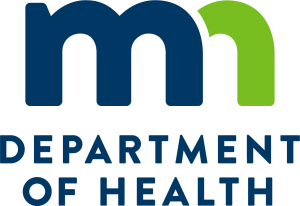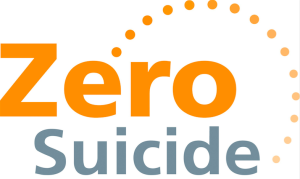From October 2020 to October 2021, ICSI and the Minnesota Department of Health (MDH) partnered to support teams in further implementing practices to better help people in crisis and at risk of suicide. Read the final report here.

Pre-pandemic, many of our ICSI Member organizations identified suicide prevention and intervention as a priority. Now its importance has only deepened. The CDC reports that suicidal ideation is increasing considerably.
Based on the seven essential elements of the nationally acclaimed Zero Suicide Model, this learning collaborative will help design and nurture a less fragmented system to support patients at risk for suicide. This collaborative effort is free for ICSI Member organizations.

The foundational belief of Zero Suicide is that suicide deaths for individuals under the care of health and behavioral health systems are preventable. The Zero Suicide Model aims to improve care and outcomes for individuals at risk of suicide seen in health care systems. It offers the Zero Suicide Toolkit, a collection of information, tools, resources, and activities for health and behavioral health care leaders and leadership teams to assist them in implementing the seven elements of Zero Suicide:
- Lead: Create a leadership driven, safety-oriented culture committed to dramatically reducing suicide among people under care.
- Train: Develop competent, confident, and caring workforce.
- Identify: Systematically identify and assess suicide risk among people receiving care.
- Engage: Ensure everyone has a suicide care management plan.
- Treat: Use effective evidence-based treatments that directly target suicidality.
- Transition: Provide continuous contact and support.
- Improve: Apply a data driven approach to inform system change.
